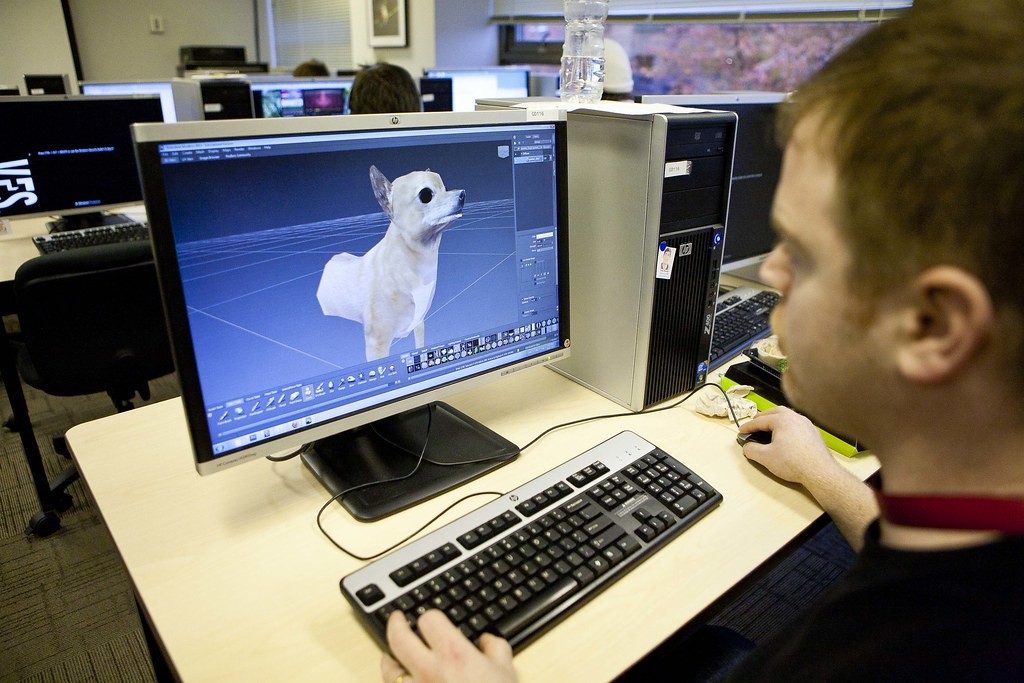Artificial Intelligence: Revolutionizing the Gaming Industry

As technology continues to evolve at a rapid pace, so does the gaming industry. One of the most impactful technological advancements reshaping this industry is Artificial Intelligence (AI). The role of AI in gaming has grown immensely over the years, moving beyond basic programming to enabling intricate, realistic environments and complex character behaviors.
AI's influence in gaming is multifaceted, and it enhances the user experience by creating a more immersive, interactive, and personalized environment. This article explores the role and impact of AI in the gaming industry, looking at its influence on game design, player interaction, and the future of gaming.
AI in Game Design: Creating Realistic and Complex Gaming Worlds

One of the most noticeable roles of AI in gaming is in game design. AI is used to create realistic and complex gaming worlds that are far more immersive than ever before. It allows developers to create dynamic environments that change in response to player actions, rather than static worlds with pre-set behaviors. Game characters, driven by AI, can exhibit advanced behaviors and make independent decisions, adding a layer of unpredictability and making the gaming experience more challenging and engaging.
For instance, AI algorithms can be used to generate infinite and varied terrain in exploration games, or control non-playable characters (NPCs) to react more realistically to player actions in role-playing games (RPGs). This use of AI enhances the depth and richness of the gaming world, building a more immersive experience for players.
AI and Player Interaction: Personalized Gaming Experiences
AI is not only reshaping game design but is also revolutionizing the way players interact with games. AI algorithms can analyze player behavior, learning their preferences, strengths, and weaknesses, and subsequently adapt the game in real-time to provide a more personalized experience. This can mean adjusting the difficulty level, changing the storyline, or tailoring in-game characters' responses based on the player's actions and decisions.
Furthermore, AI can facilitate more complex player-to-player interactions in multiplayer games, using data analysis to match players of similar skill levels or play styles. This level of personalization and adaptability, enabled by AI, results in a more engaging and satisfying gaming experience.
AI in Game Development: Streamlining the Production Process
 In addition to enhancing game design and player interaction, AI's role in gaming extends to the production process itself. AI can automate various aspects of game development, reducing the time and resources needed. This includes tasks such as generating 3D models, testing game mechanics, or creating realistic animations.
In addition to enhancing game design and player interaction, AI's role in gaming extends to the production process itself. AI can automate various aspects of game development, reducing the time and resources needed. This includes tasks such as generating 3D models, testing game mechanics, or creating realistic animations.
AI algorithms can identify and fix bugs, balance game mechanics, and even generate code, making the development process more efficient and allowing game developers to focus more on creative aspects. In this way, AI is not only improving the gaming experience for players but also revolutionizing the way games are developed.
The Future of Gaming: AI's Potential
The role of AI in gaming is ever-evolving, and its potential is immense. As AI technology continues to advance, it will undoubtedly continue to reshape the gaming industry, creating more realistic, immersive, and personalized gaming experiences. We can expect to see more advanced AI characters with independent decision-making abilities, dynamic environments that adapt to player actions, and highly personalized gaming experiences.
Moreover, AI will continue to streamline the game development process, making it more efficient and allowing for more innovative and complex games. The future of gaming, powered by AI, is indeed promising, and we are just at the beginning of this exciting journey.
- Ava Martinez 20 Aug 2023

